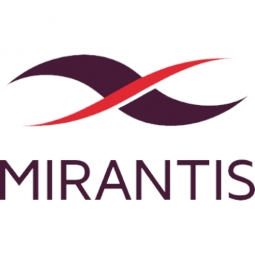Mirantis
Case Studies
European Media Giant Taps OpenStack-AWS Hybrid Cloud to Reduce Time to Market, Improve Security and Lower Costs
Overview
 |
European Media Giant Taps OpenStack-AWS Hybrid Cloud to Reduce Time to Market, Improve Security and Lower CostsMirantis |
Infrastructure as a Service (IaaS) - Cloud Computing Infrastructure as a Service (IaaS) - Hybrid Cloud | |
Discrete Manufacturing Business Operation | |
Cloud Planning, Design & Implementation Services Data Science Services System Integration | |
Operational Impact
| For IT operations, a centralized private cloud would allow the global and divisional IT teams to focus on new developer tools and cloud features, not on tickets and provisioning. Automated infrastructure management could now be distributed to developers, which saves time and resources across many groups. | |
| For developers, centralized OpenStack IaaS delivers a best-of-class platform with test and development tools to enable DevOps practices. Virtual machines can be provisioned in minutes versus days, eliminating old routines of help desk tickets bouncing back and forth between groups. | |
| And developers now have the visibility to see what platform resources they’re using on a daily basis, which is important to their business. | |
Quantitative Benefit
| The first business unit to fully migrate to the new platform used only the OpenStack part of the cloud. After just two months, the organization saved a whopping 60% in hosting costs alone, due to its ability to tailor resources to what it actually needed, rather than having to overprovision resources because of rigidly predefined instance sizes with AWS. | |
| Currently, the company is hosting 15 e-commerce platforms on the hybrid cloud platform, deployed on hundreds of VMs, with most running on OpenStack and a significant portion on AWS. A small team cloud operators efficiently manages the entire platform, leveraging Salt’s automated configuration management capabilities to quickly provision resources on OpenStack and AWS. | |


